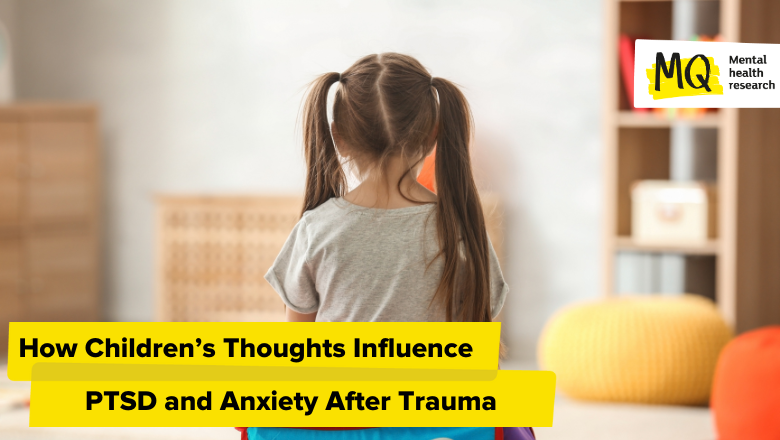A new study from the University of East Anglia has revealed why some children and adolescents develop mental health disorders such as PTSD, anxiety, or depression after experiencing a traumatic event. While most children recover well, others struggle with these conditions for months or even years. The study found that cognitive psychological factors—how children remember the event and perceive themselves afterward—are the strongest predictors of poor mental health outcomes following trauma.
Co-author Katie Lofthouse from UEA’s Norwich Medical School explained,
“Some children and adolescents who have experienced traumatic events like road traffic collisions or violence may develop post-traumatic stress disorder (PTSD), as well as other conditions such as anxiety and depression. However, we do not understand why children might develop one set of difficulties and not another. We found that cognitive psychological factors—like features of their memories for the trauma and how they see themselves after the trauma—were the most powerful predictors of all forms of poor mental health.”
The research involved 260 children aged 8 to 17 who had experienced a traumatic incident such as a car crash or assault. They were assessed at two and nine weeks post-trauma using self-report questionnaires, interviews with parents, and hospital data. At nine weeks, 64% of the children showed no signs of any disorder, while 23.5% met the criteria for PTSD, 5.2% for Complex PTSD (CPTSD), and a smaller percentage for depression and generalized anxiety disorder (GAD). Cognitive models proved to be the most accurate predictors of these conditions, while social and psychological factors were less effective.
Interestingly, the children’s personal perceptions of the event’s severity had a stronger impact on their mental health than objective facts about the trauma. Lofthouse added,
“Negative thoughts about the traumatic event were a major predictor of all types of mental health problems studied. This supports the use of treatments like trauma-focused cognitive behavioural therapy, which aims to address these negative thoughts.”
The study also found that poor memory of the trauma specifically predicted PTSD, suggesting that certain symptoms may be linked to different mental health outcomes. This research builds on earlier findings that children are more likely to develop PTSD if they believe their reaction to trauma is not ‘normal.’
The research, funded by the Medical Research Council, involved collaboration with several institutions and marks one of the few studies comparing predictive models for trauma-related mental health outcomes in youth. The study underscores the importance of cognitive factors in understanding how trauma affects children and highlights the potential for targeted therapies to address these issues.
Recently, a new Lancet Commission on young people’s mental health, formed with several MQ researchers, has brought together a group of world experts and people with lived-experience including ten youth commissioners to deliver an analysis of the worldwide state of young people’s mental health. Learn more about that analysis here.


